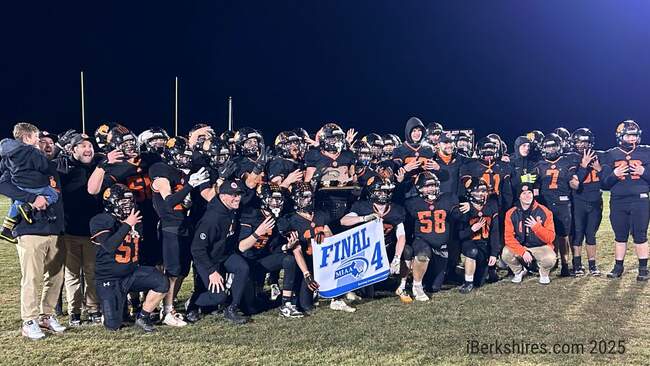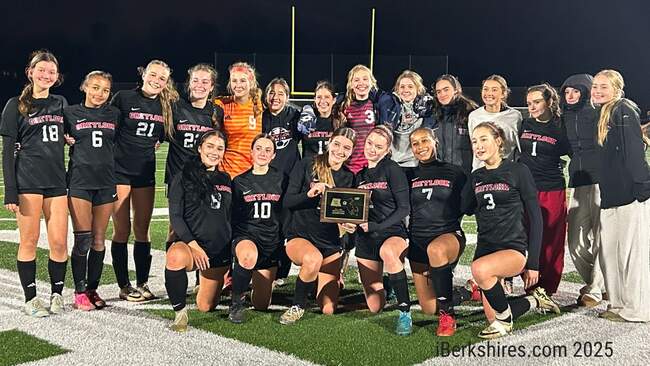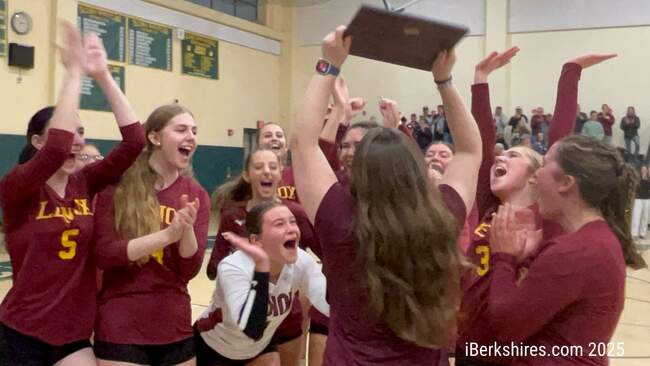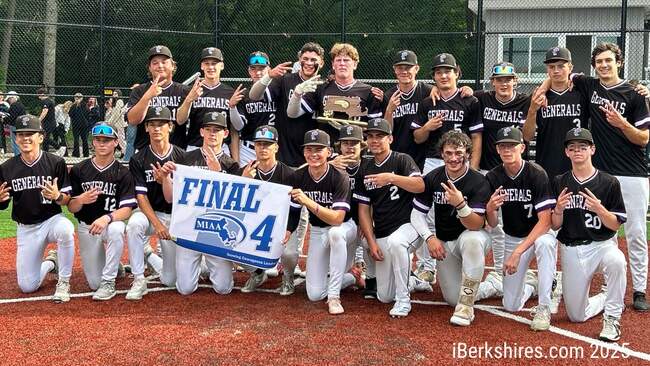State Income Tax Credit For Land Protection Signed Into Law
BOSTON, Mass. - In these economic times – and with development consuming land across the Commonwealth at a rate of more than 40 acres per day – the state, private land trusts and municipalities are grasping for new ways to conserve the Commonwealth’s natural areas. This week, Governor Deval Patrick signed into law a bill establishing a state income tax credit for landowners who voluntarily donate qualifying conservation land to a municipality, the state or a nonprofit conservation organization.Under the initiative, which goes into effect in the year 2011, the Commonwealth’s Executive Office of Energy and Environmental Affairs will determine whether properties proposed for donation meet public interest standards for natural resource protection. Eligible lands include those that protect drinking water supplies, wildlife habitat, scenic vistas, and those that boost the tourism, agricultural and forest product industries. The incentive further requires that:
1. Gifts of land must be permanently protected
2. Tax credit is valued at 50% of the appraised fair market value of the land
3. Tax credit is limited to $50,000 per gift
4. Tax credit cannot exceed the donor’s annual state income tax liability, but may be carried forward for 10 consecutive years
Under a similar tax incentive program in North Carolina, it was found that for every $1 in lost revenue, the state gets $12 in land. Yet for all its impact on conservation, the incentive remains fiscally responsible; a cap is in place to ensure that no more than $2 million in tax credits is granted each year.
The tax incentive is a good match for these challenging fiscal times, as the new law complements the Governor’s strong support for land acquisition funded through the Environmental Bond. Often state land acquisition programs do not provide sufficient funds to compensate private landowners. A state tax credit - particularly when used with the recently reauthorized federal tax deduction for gifts of land - can provide the incentive needed to tip the balance in favor of preservation over development. The law also allows for a wide range of public purposes/activities, including: agriculture, forestry, recreation, drinking water supplies, wildlife habitat and biological diversity, and scenic and cultural values.
"There is no better method to encourage landowners to donate their land for preservation purposes," said Senator Stephen Brewer (D-Barre), Chief Senate Sponsor of the new law. "We owe it to ourselves and our future residents to keep this Commonwealth pristine and beautiful. We live in a small compact state with dwindling precious natural resources and any cost-effective method we can use to preserve our quality of life is a major plus."
“This tax credit will be an important tool for preserving and protecting some of our most critical natural resources throughout Massachusetts,” said Representative Stephen Kulik (D-Worthington), the House Sponsor of the bill. “State government has an obligation to assist conservationists and local governments to enhance the quality of life in their communities.”
"This is a proven, cost effective way to preserve open space in the Commonwealth." said Representative Bradley Jones (R-North Reading).
“Every dollar's worth of land that is donated is a dollar we don't have to spend from the Environmental Bond or take from another project,” said Wayne Klockner, director of The Nature Conservancy’s Massachusetts Chapter. “With this important new tool, the Governor and the Legislature have shown the leadership and foresight needed to keep our drinking water clean, provide habitat for wildlife, support our tourism, and agricultural and forestry industries.”
"Massachusetts has a long and proud history of land conservation," said Laura Johnson, President of Mass Audubon. "Coupled with the state’s investment in land protection, the tax incentive will further encourage private landowners to make lasting contributions to our natural and cultural heritage."















